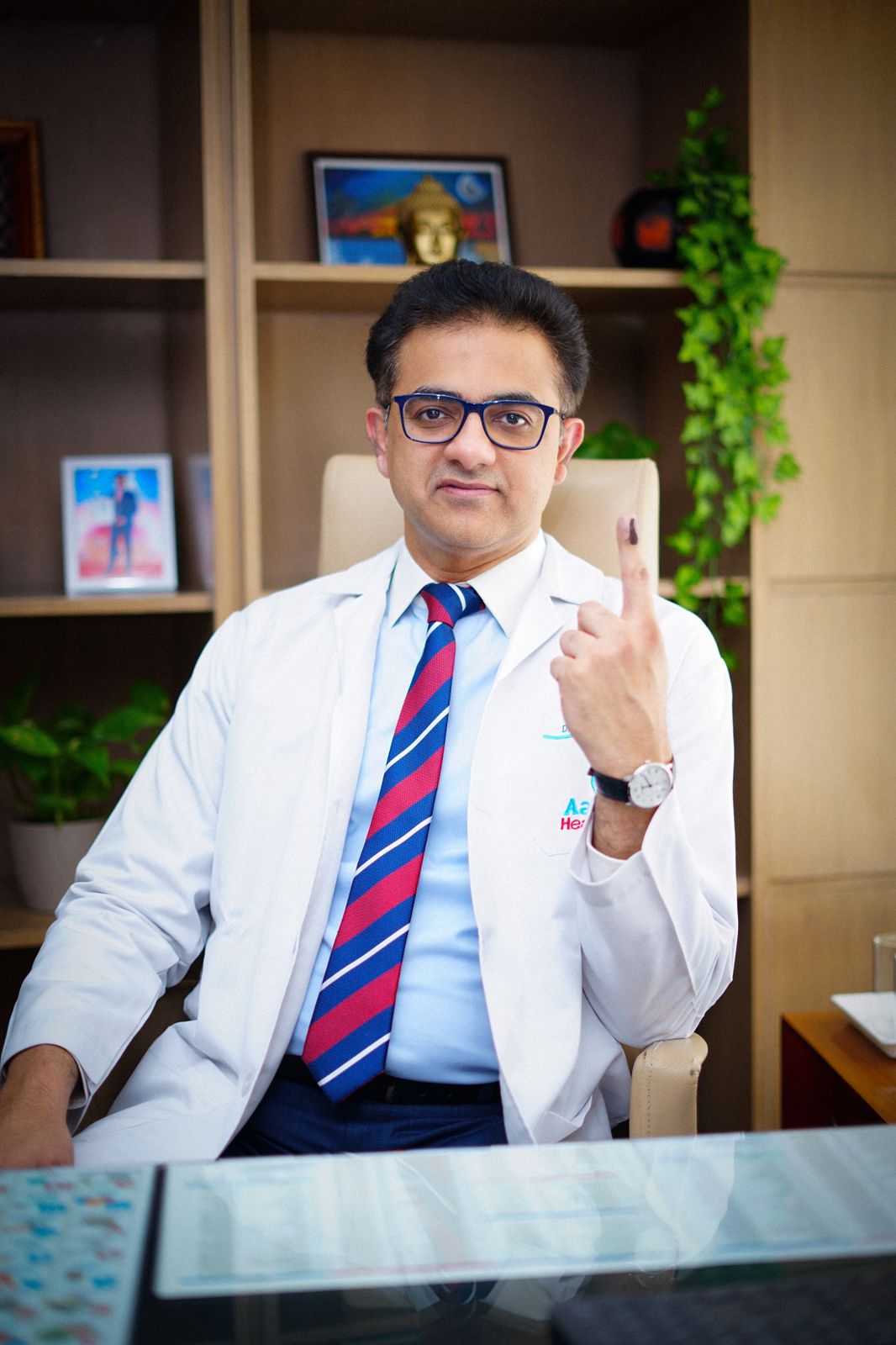Once considered a lucid concept, and a mere exaggeration of the human reproduction option, In Vitro Fertilization (IVF) is now a globally recognized viable option for infertile couples. It has, in fact, helped thousands of couples conceive, bringing hope to them. The technological advancements in reproductive sciences continue to make breakthroughs as we talk.
Last noted talking about the advancements in IVF and Oocyte preservation, we speak with Dr Goral Gandhi, a (senior embryologist and a trainer) working at Scientific and Laboratory Director at Indo Nippon IVF, Bandra, Mumbai, about where the advancement in reproductive sciences steering us to?
Her experience in the field of ART, and embryology
IVF has not only helped couples conceive, but it has also been able to change mindsets over time. People have been more open to talking about infertility rather than isolating themselves. Assisted reproduction has not only been able to provide a successful anecdote to infertility; it first helped us understand fertility as well.
“The leap from natural reproduction to IVF was a giant one, both scientifically and psychologically, especially for people in India, who considered it as a taboo,”said Goral Gandhi, who has worked rigorously in research about embryology and assisted reproduction.
“The emergence of IVF to what it is today came from a lot of skepticism and arguments about its experimentation in both academia and the real world. Still, couples that meet us need reassurance when they look for fertility assistance, but I do see people increasingly accepting it,” she adds.
Seeking fertility help is a significant decision and requires a leap of faith: Dr Goral Gandhi on reproductive assistance
IVF has helped couples of different ages conceive their own child, thus overcome the limitations of natural pregnancy. However, one breakthrough that I want to highlight exceptionally is its ability of family planning and genetic counselling, said Dr Goral Gandhi.
The study of the medical genome and our ability to mitigate chromosomal anomalies in future babies has improved considerably. IVF itself has become more and more precise and versatile, with options such as Egg freezing, Frozenembryo transfers, IVF Lite, Minimal Stimulation IVF, Segmented IVF, Preimplantation Genetic Screening (PGS) and Preimplantation Genetic Diagnosis (PGD) etc., to opt for.
Egg freezing is an empowering decision, which helps women get pregnant even if they are olderor want to plan pregnancy later in life. “Modern-day IVF has evolved to cater to fertility obstruction in men as well as women such as low sperm count, low sperm motility/ morphology, lifestyle factors, ovulatory problems, hormonal dysfunctions, endometriosis and other factors that lead to unexplained infertility, etc.”, says Dr Goral Gandhi.
Talking about the scope of IVF and the field of embryology, Dr Goral Gandhi seemed assertive that the practice will only move in the direction of further advances from hereon.







